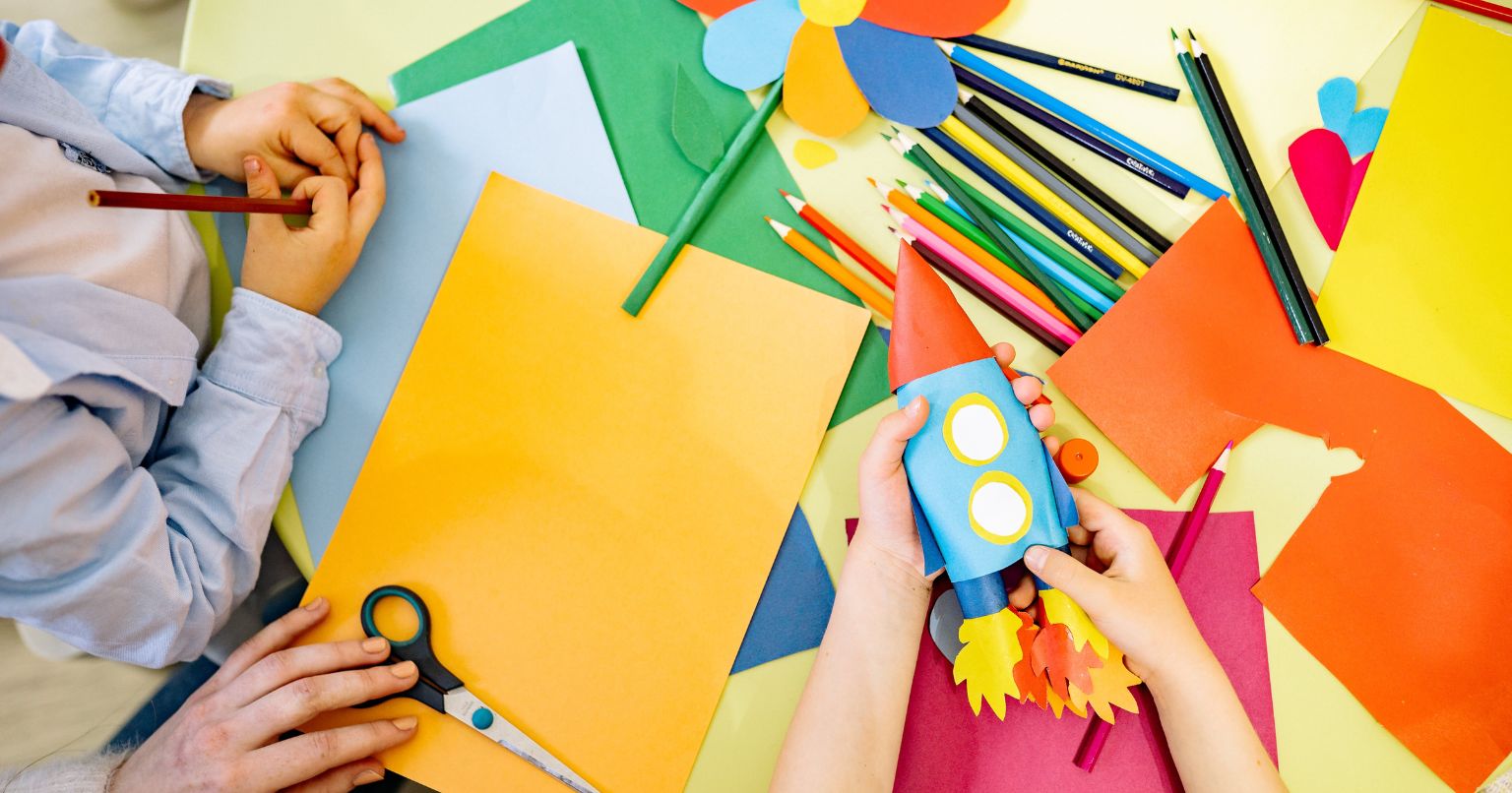Our Happy Parenting Tips For Preschoolers will assist you in raising your preschooler in the manner of your choosing. Preschool parenthood may be enjoyable and demanding at the same time.
Children are growing quickly at this age and are bursting with enthusiasm, questions, and feelings.
It takes patience, empathy, and initiative on the part of the parent to navigate these crucial years.
Here are some useful suggestions to assist your preschooler’s growth and development while cultivating a joyful and healthy relationship.
Look at the best Happy Parenting Tips For Preschoolers
These ten good parenting tips will help you and your little adventurer have happy memories and transform those meltdowns into laughter. Here are some Happy Parenting Tips For Preschoolers
-
Enhance their ability to communicate:
Toddlers’ communication abilities are crucial. When they attend preschool, they will get along better with other children and teachers if they can communicate clearly.
-
Instruct them on how to listen well:
It’s no secret that kids’ inquisitive minds are difficult to contain. That being said, your child will be required to participate in a variety of preschool-related activities, including singing, sketching, and listening to the teacher’s explanations. Your child must remain still and pay attention to all of these. Participating actively in different preschool activities will be made easier for him if he is a good listener.
-
Promote cooperation and teach them to obey orders:
When your toddler starts school, he will participate in a variety of group activities and spend a good four to five hours with his teachers and friends. Your child needs to understand the value of cooperation if you want to make sure he interacts and chats with other children. At home, he might be the center of attention, and his needs must be met, but at school, that won’t be the case. You must instil in your munchkin the value of teamwork if you want to make sure he gets along with other children. Engaging in games at home with your toddler can aid in the development of this skill.
-
Encourage Healthy Habits:
A lifetime of well-being is predicated on the development of healthy habits at a young age. Promote a healthy diet, consistent exercise, enough sleep, and good hygiene practices. Encourage your preschoolers to make healthy choices by involving them in meal preparation.
-
Motivate them to become self-sufficient.
When your child starts preschool, he needs to be self-sufficient and learn how to complete specific tasks by himself. When your child gets home from play or meals, you will be there to wipe his face or assist him with washing his hands. However, he could have to handle it alone at preschool. Thus, before he starts preschool, there are a few things you need to teach him. Toddlers who learn these simple chores will develop a sense of independence and responsibility that will benefit them throughout their lives.
-
Encourage Language and Literacy:
The early years are crucial for the development of language and preliteracy. To improve your child’s vocabulary, comprehension, and communication abilities, read to them every day, have discussions with them, sing songs, and play games that need a lot of words.
-
Put Self-Care First
Preschool parenting may be challenging, so to keep your well-being intact, self-care must come first. Make time for yourself, ask friends and family for support, and don’t be afraid to ask for assistance when you need it. A contented and healthy parent is more suited to raise a contented preschooler.
-
Maintain a regular schedule
Early development of good behaviors paves the way for lifelong well-being. Promote a healthy diet, consistent exercise, enough sleep, and good hygiene practices. Encourage your preschoolers to make healthy choices by involving them in meal preparation.
-
Avoid being overly rigid:
Strictness and discipline are not the same thing. If you are very severe with children, they will likely become stubborn. Therefore, you must establish a cordial rapport with your youngster and gain his trust before allowing him to speak to you fearlessly. Additionally, it will strengthen your relationship with your child.
-
Promote Play and Exploration:
Preschoolers’ cognitive, social, and emotional development depends on play. Give them lots of chances for creative play, outdoor exploration, and imaginative play to pique their curiosity and develop their problem-solving abilities.

Read Also: 11 Common Mistakes Made By The Parents And How To Fix Them?
Happy Parenting Tips for Preschoolers for Frequently Asked Questions:
-
What are some techniques for resolving preschoolers’ tantrums?
- When a tantrum occurs, be composed and tolerant.
- Respect their emotions while imposing boundaries on their actions.
- When the outburst ends, give consolation and assurance.
- Instruct them in basic coping techniques such as counting to ten or deep breathing.
-
How do I help my preschooler develop social skills?
- To promote social connection, set up playdates with kids your age.
- Provide a good example of etiquette and social behavior.
- Teach children how to share, take turns, and interact politely with others.
-
What are some strategies for promoting wholesome eating practices in young children?
- Offer a range of nutrient-dense foods and let them help plan and prepare meals.
- Set a good example for others by eating healthily yourself.
- Eat in a fun and laid-back manner to prevent power battles over food.
-
What useful strategies can I use to get my kid ready for school again?
- Establishing a regular wake-up and bedtime schedule.
- Organizing and going over school supplies.
- Talking about the aims and objectives for the forthcoming academic year.
- If at all feasible, take your child to the school in advance to acquaint them with the setting.
-
How can I support my child’s growth in terms of both intellect and body?
- Physical activity: Try to get in at least three hours a day, preferably spent playing energetic games and outside.
- Reading: As your kid gains proficiency, read aloud to them regularly and support their independent reading.
- Play-based learning: Incorporate educational activities into daily routines to make learning enjoyable.
Conclusion:
Preschool parenthood is a journey full of happiness, difficulties, and endless chances for personal development. You can get support with this from our Happy Parenting Tips for Preschoolers. You can provide the groundwork for your child’s happy and healthy future by cultivating a strong relationship, establishing clear boundaries, using constructive discipline, and placing a high priority on their emotional and physical health. You may confidently traverse the preschool years and make priceless memories that will last a lifetime if you have patience, love, and determination.




